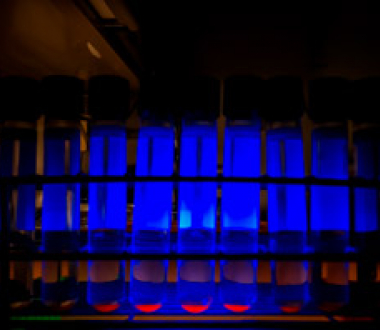
The Wadsworth Center’s Mycobacteriology Laboratory was contacted by the Texas Department of State Health Services to perform drug susceptibility testing for a transplant recipient previously treated for pre-extensively drug-resistant (XDR) tuberculosis beginning in 2022. After nine months of therapy, the patient was initially deemed cured following a treatment regimen consisting of bedaquiline, pretomanid, and linezolid (BPaL)—currently the standard for managing multidrug- and extensively drug-resistant tuberculosis (MDR/XDR-TB).
However, the patient recently experienced disease relapse. Targeted sequencing performed at the CDC identified a mutation in the Rv0678 gene, suggesting possible resistance to bedaquiline. Whole-genome sequencing conducted at the Wadsworth Center not only confirmed this mutation but also identified an additional mutation in ddn, strongly associated with resistance to a second BPaL drug, pretomanid. Subsequent culture-based susceptibility testing verified low-level resistance to bedaquiline and high-level resistance to both pretomanid and delamanid, a drug from the same class.
These unexpected findings were pivotal in guiding clinical management. The treating team was in the process of obtaining delamanid for compassionate use (as it is not FDA-approved); the Wadsworth Center’s results prompted an immediate change in treatment plans.
This case underscores the critical importance of comprehensive drug susceptibility testing for the full range of agents used in treating MDR/XDR-TB. The Wadsworth Center’s Mycobacteriology Laboratory remains the only public health laboratory in the United States offering susceptibility testing for all drugs in the BPaL regimen.